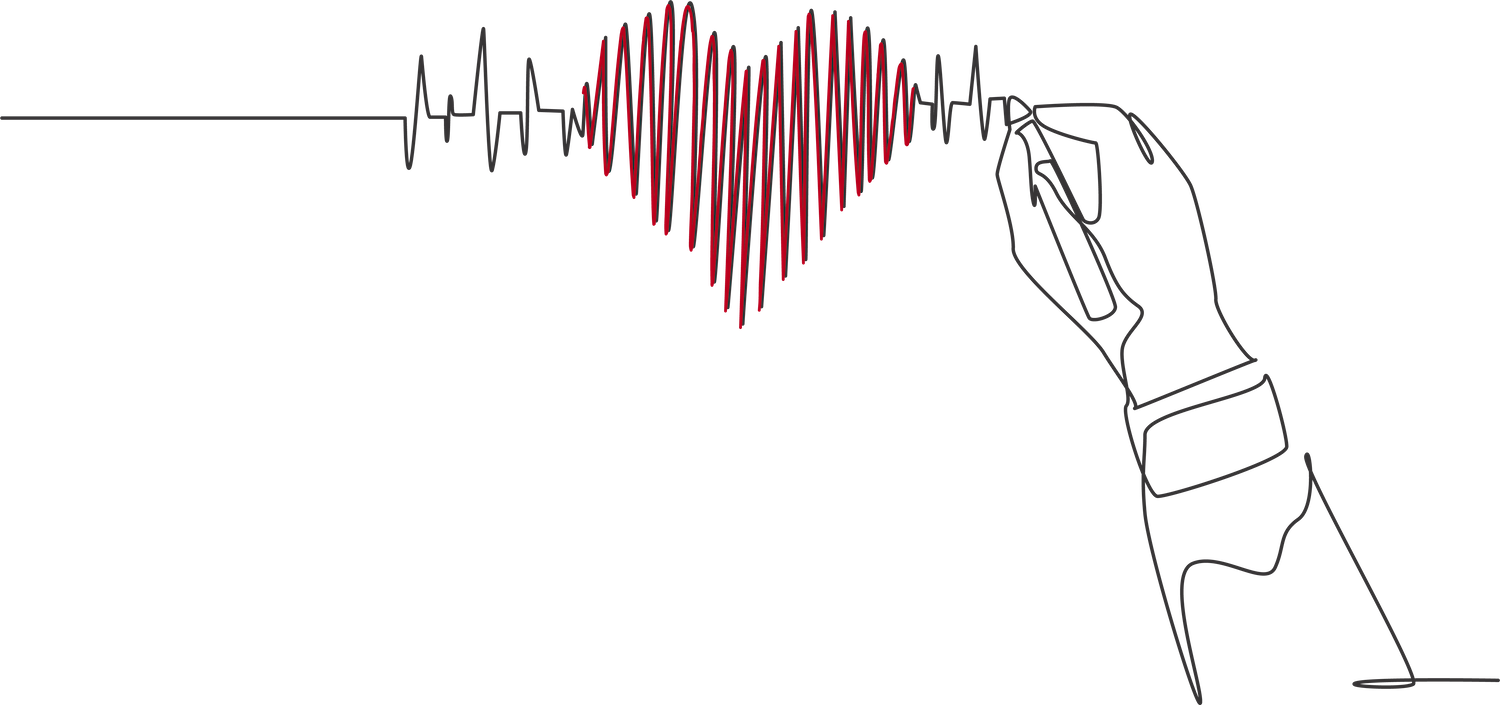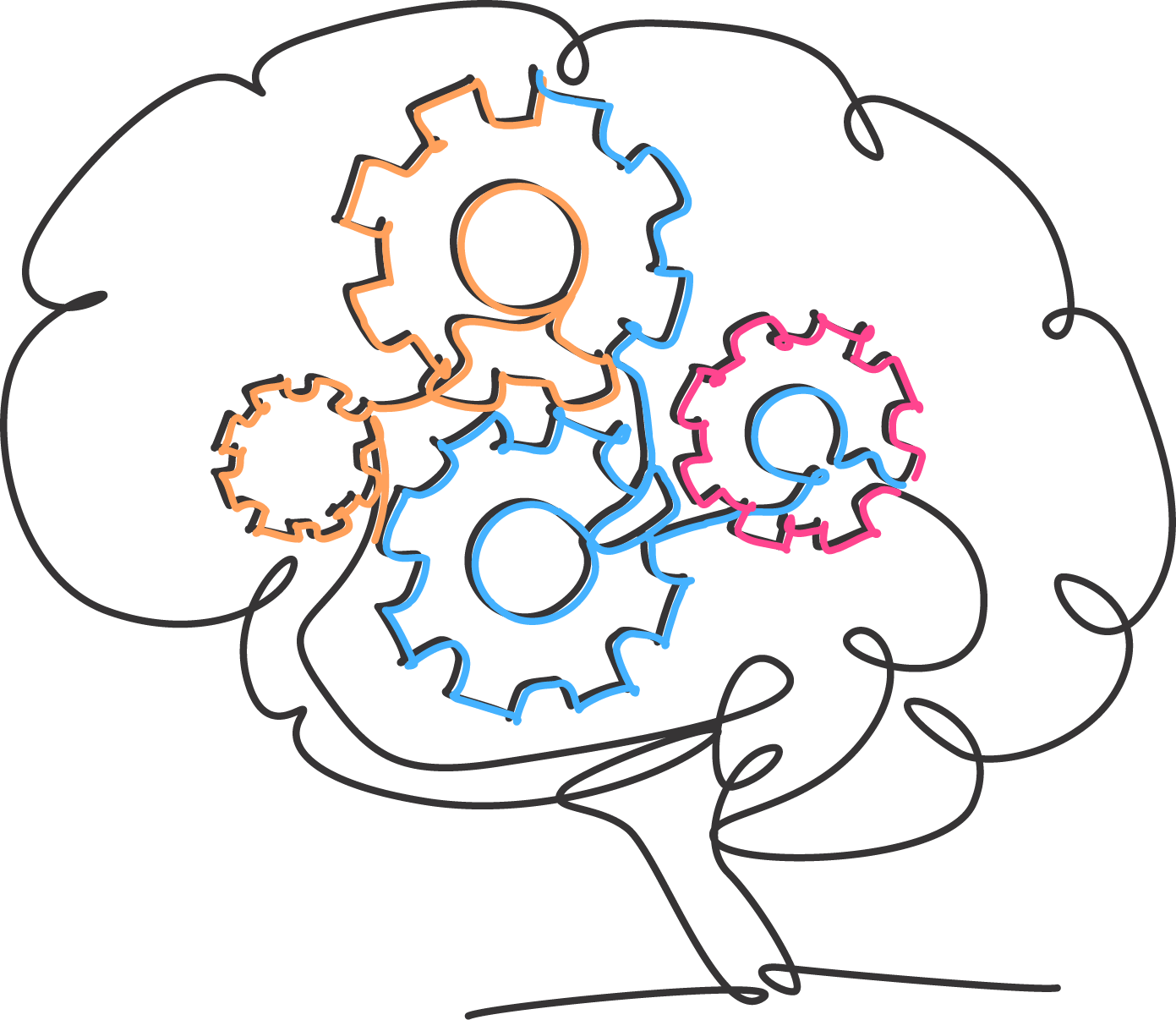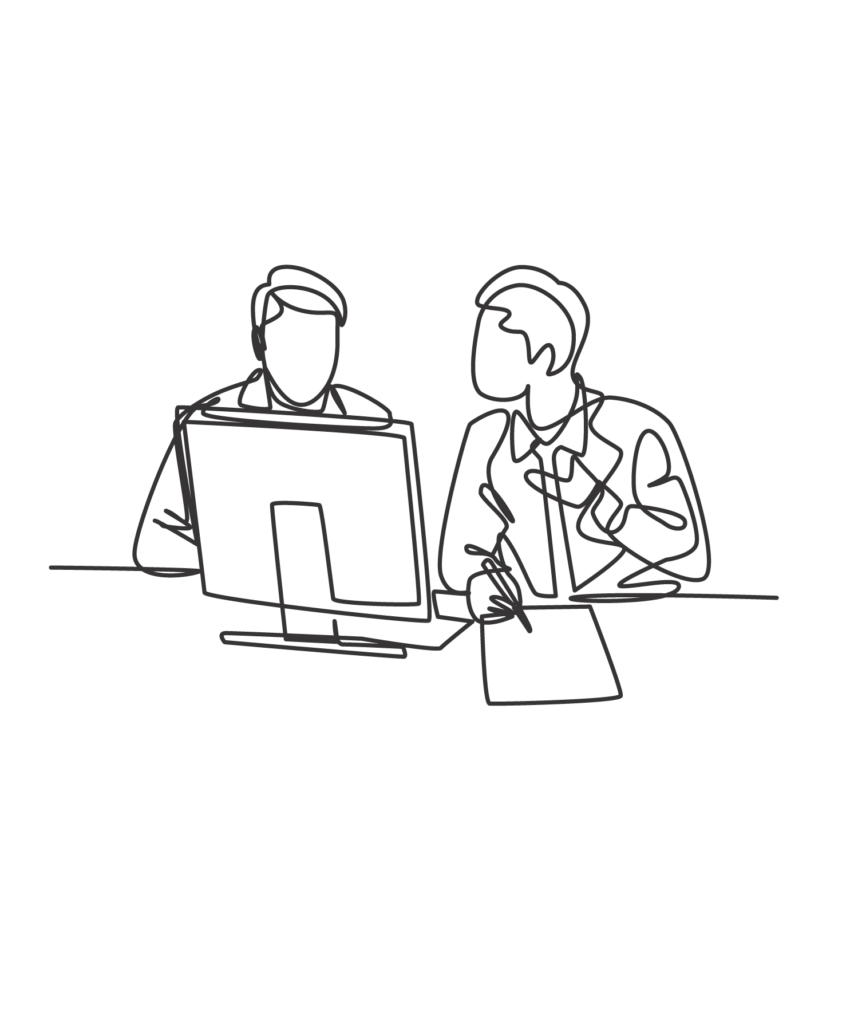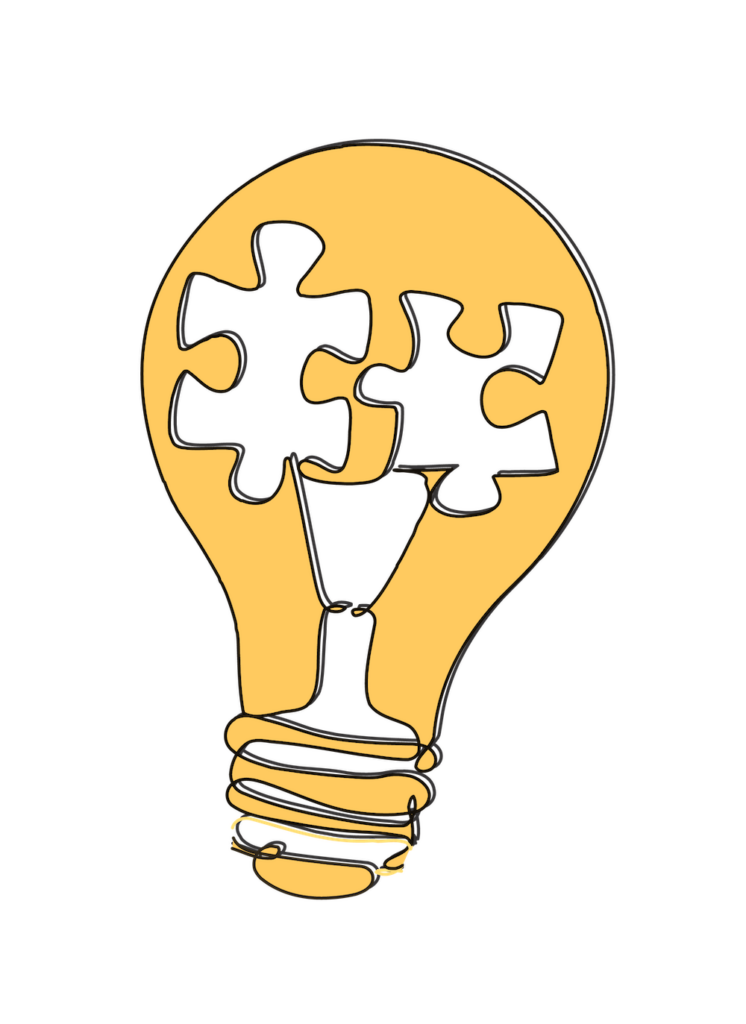We offer specialized services for clients with Aspergers/Autism, ADHD, OCD, and trauma profiles

Clinical diagnoses or psychological/neurological evaluations
Neurodiverse specialized individual, couple, and family therapy
Trauma work with individuals, couples, and families
Executive functioning and social skills coaching and behavioral interventions
Free support groups in partnership with AANE for family members and adults with AS and related conditions
Groups
Clinical diagnoses or psychological/neurological evaluations
Neurodiverse specialized individual, couple, and family therapy
Trauma work with individuals, couples, and families
Executive functioning and social skills coaching and behavioral interventions
Free support groups in partnership with AANE for family members and adults with AS and related conditions
Groups
What is the difference between a clinical diagnosis and a psychological/neuropsychological battery?

Clinical Diagnostic Assessment:
A clinical diagnostic assessment is a clear description of how an individual meets or does not meet specific diagnoses depending on the presenting concern. These evaluations typically consist of a comprehensive clinical interview and observation, including: Reviewing developmental, medical, educational and vocational history Reviewing any prior testing or diagnostic labels Use of rating scales/questionnaires to probe and gather more detailed information regarding possible diagnoses utilizing DSM 5 and ICD 9 criterion.
While diagnoses may be necessary for medical, academic, legal, and insurance purposes, they ultimately clarify an individual’s strengths and challenges and assist in developing an accurate and informed treatment plan so that challenges can be addressed effectively to overall quality of life.”
Neuropsychological Assessment:
A neuropsychological assessment is a comprehensive evaluation of how the brain processes, organizes, retains and uses information accessed through the senses. This involves evaluating cognitive and intellectual functioning inclusive of verbal and language abilities, visual perception, logic and reasoning, memory, speed of processing and fine and gross motor skills.
Additionally, executive functioning including attention, concentration, self-regulation and organization skills are evaluated along with an individual’s motivation, mood state and emotion, quality of life and personality styles. The areas addressed in an individual’s evaluation are determined by the referral question (what the referring doctor and patient wants to know), patient’s complaints and symptoms, and observations made during interview and test administration.


Process of Evaluations:
1. You fill out our intake forms
2. You complete some initial screeners and questionnaires, and share with us any relevant documents you would like us to review (past evaluations, educational documents, etc.)
3. You hear directly from a psychologist about scheduling the first appointment
4. You meet with the psychologist. Usually, there are two face-to-face sessions with the psychologist that range from 1.5 to 2 hours each.
5. The psychologist will interview any authorized outside observers and spend time analyzing all of the information and writing the report.
6. You meet with the psychologist for a final feedback session, usually for an hour, to go over the report, diagnoses, and recommendations.
7. You are connected with our Care Coordinator, Lauren, to discuss next steps regarding support services, including individual, family, or couples therapy, life coaching, ADHD coaching, and psychiatric referrals if needed.
Free Community Groups

This is a peer group designed to support neurodivergent adults connect with and get to know one another. There will be a Spectrum clinician present who will guide the conversation and answer any questions you may have.
This group meets once per month and is open on a first come first serve basis. Once you fill out the “register here” survey below, you will receive an email with a Zoom link. Please note that this is not a therapy group; it is a FREE offering to the community from the Spectrum team so you can get to know people who are in a similar space as you. There will be information provided about therapy and coaching services if you are interested in seeking further support.
This is a peer group designed to support neurodivergent young adults with social connections and developing further skills. There will be a Spectrum clinician present who will guide the conversation and answer any questions you may have.
This group meets once per month and is open on a first come first serve basis. Once you fill out the “register here” survey below, you will receive an email with a Zoom link. Please note that this is not a therapy group; it is a FREE offering to the community from the Spectrum team so you can get to know people who are in a similar space as you. There will be information provided about therapy and coaching services if you are interested in seeking further support.
This is a peer group designed to support neurodivergent parents and parents of neurodivergent children to connect with other parents and Spectrum staff. There will be a Spectrum clinician present who will guide the conversation and answer any questions you may have.
This is a once-a-month community support group that is open on a first come first serve basis. Once you fill out this survey, you will receive an email with a Zoom link. Please note that this is not a therapy group; it is a FREE offering to the community from the Spectrum team so you can get to know people who are in a similar space as you. There will be information provided about therapy and coaching services if you are interested in seeking further support.
This is a peer group designed to support neurodivergent LGBTQIA+ adults and young adults to connect with other neurodivergent LGBTQIA+ community members. There will be a Spectrum clinician present who will guide the conversation and answer any questions you may have.
This is a once-a-month community support group that is open on a first come first serve basis. Once you fill out this survey, you will receive an email with a Zoom link. Please note that this is not a therapy group; it is a FREE offering to the community from the Spectrum team so you can get to know people who are in a similar space as you. There will be information provided about therapy and coaching services if you are interested in seeking further support.
In this weekly Zoom group, you will learn techniques for reducing stress and anxiety and improving mindfulness. Mindfulness means focusing on the present moment without worrying about the past or future, and has been shown to help with focusing and executive functioning.
This group is led by Sandra Voss, LCSW, a certified Yoga Teacher and a therapist here at Spectrum. Sandra will teach mindfulness techniques, breathing and relaxation exercises, and meditation practices. If there is interest from participants, some gentle, accessible yoga poses/stretches may be taught as well.
Participants are welcome to be on camera and to ask questions and share their experiences, but you are also welcome to be off camera and/or muted, if you prefer.
The day and time of this group will be chosen based on participants’ preferences. Please fill out the information below and we will get back to you as soon as possible!

